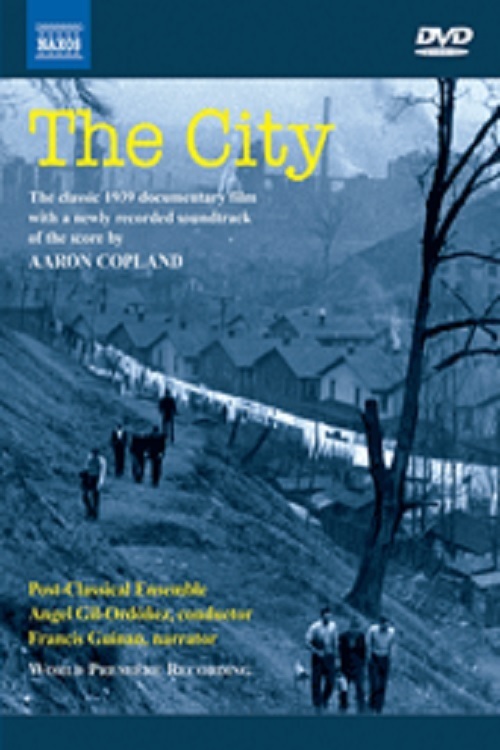

Runtime
Category
Language
Director
Actors
The City
Watch it Later
Watch it On
What's it About
In the face of the congestion, crime, disease and pollution that dominated major American cities in the early part of the 20th Century, a few visionaries looked to devise new models of urban planning. Produced for the 1939 New York World's Fair whose theme was "The World of Tomorrow," this short documentary contrasts life in rural communities with city dwelling and ponders how to combine the best of both. Its closing sequences look at so-called "greenbelt communities" (what we'd now call suburbs) for a way to create clean living in a modern industrial environment.
Why we love it
This beautifully shot and constructed documentary makes a powerfully elegant case for better forms of urban design than the overcrowded, inhuman cityscape. Buoyed by Aaron Copland's stirring score (his first work for film, and considered by many a key turning point in his compositional career), the images captured by Steiner and Van Dyke show a country bursting with promise and problems in equal measure. Though its conclusions about idealized greenbelt communities might seem dated, or even naive, in hindsight, "The City"'s optimism for a better world still comprises a fascinating piece of visual history.
